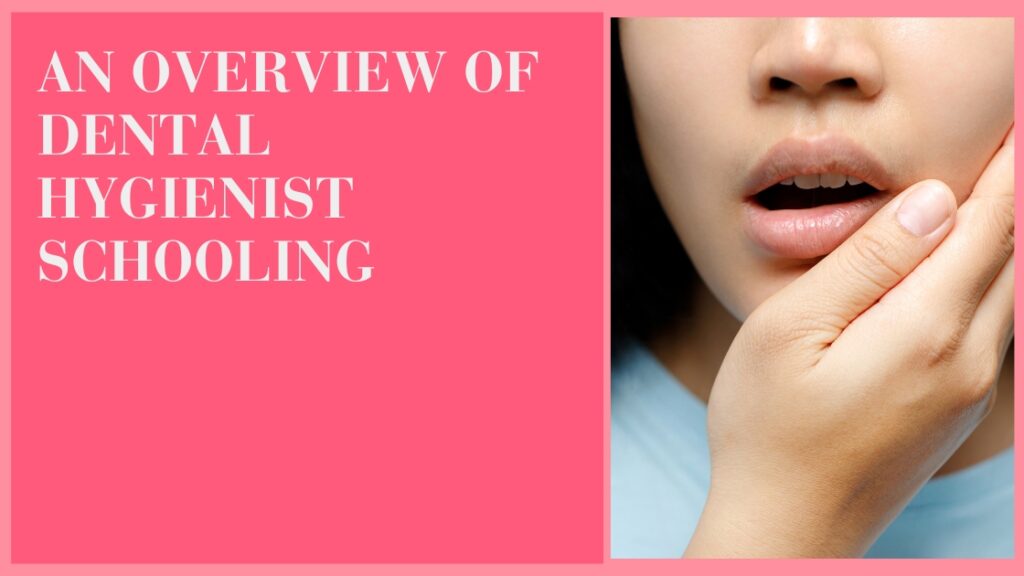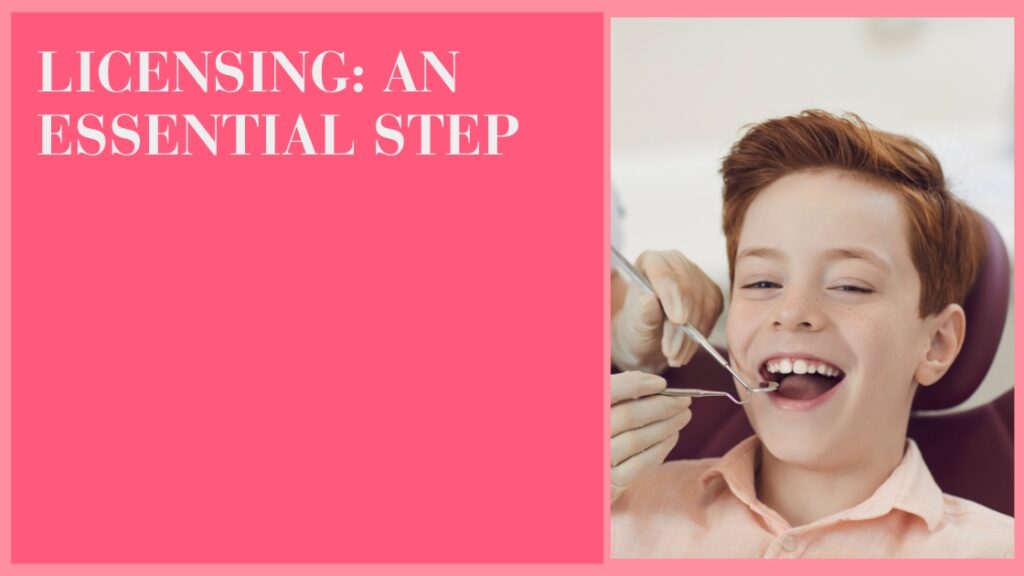One crucial question for those considering a career in the dental field is “How much schooling for a dental hygienist?”
The answer is not just about the duration; it also includes understanding the type of education and coursework involved.
With this comprehensive guide, we will provide an in-depth look into the educational journey of becoming a dental hygienist in 2023, which can be an essential determinant in choosing this as your career path.
Table of Contents
1. How Much Schooling for a Dental Hygienist – Details
In addressing the question, “how much schooling for a dental hygienist,” we start with a broad overview of the required education.
Dental hygienists are healthcare professionals specializing in oral health, and their education involves a mix of theoretical knowledge and practical skills.

Dental Hygienists typically must complete both high school education and a postsecondary dental hygiene program in order to enter their career field.
These educational programs may be found at community colleges, technical schools, dental schools or universities and typically span between two to four years depending on the program in which it resides.
Keep in mind, however, that certain programs require students to complete prerequisite classes – typically science related – prior to enrolling. This could potentially lengthen their education timeline.
2. Associate Degree: The Standard Pathway
Most individuals considering “how much schooling for a dental hygienist” will take the path of an associate degree.
The associate degree in dental hygiene is the most common degree for entry-level dental hygiene practice.

It typically takes about two years to complete, excluding the time spent on prerequisites.
The coursework for an associate degree includes both classroom studies and clinical practice. Subjects often include anatomy, periodontology, nutrition, radiography, and other related topics.
In the clinical practice component, students gain hands-on experience under the supervision of a licensed dental hygienist or dentist.
3. Bachelor’s and Master’s Degrees: Further Education Opportunities
While an associate degree might answer the basic question of “how much schooling for a dental hygienist,” further education opportunities exist.
Some dental hygienists opt to pursue a bachelor’s or master’s degree in dental hygiene.

Bachelor’s degree programs typically last for four years and may offer more advanced coursework and broader career opportunities, such as in research or teaching.
A master’s degree, which may take an additional two years after a bachelor’s degree, can open the door to even higher-level career paths within healthcare administration, academia, or public health.
4. Licensing: An Essential Step
In considering “how much schooling for a dental hygienist,” we must not forget the importance of licensing.
After completing their educational requirements, dental hygienists must also pass a licensure examination to practice professionally.

This examination consists of a written section and a practical section where candidates demonstrate their clinical skills.
The exact requirements may vary from state to state, but all states require dental hygienists to be licensed.
Thus, preparing for and passing this examination is an integral part of a dental hygienist’s schooling.
5. Continuing Education: Lifelong Learning

Addressing the question, “How much schooling is required for a dental hygienist?” involves more than just obtaining a degree and securing licensure. In fact, dental hygienists often engage in lifelong learning through continuing education to stay abreast of the latest developments in dental care.
Continuing education is not only essential for keeping up-to-date with advancements in dental science but also for meeting the criteria for license renewal. This ongoing educational journey can encompass a variety of formats, including seminars, workshops, online courses, and even pursuing additional degrees in specialized areas.
In essence, the question of “How much schooling for a dental hygienist?” is multi-faceted. The educational pathway typically involves several years of academic study, hands-on clinical experience, successfully passing a licensure examination, and a commitment to ongoing education throughout one’s professional life.
Though this career path demands a significant investment of time, effort, and dedication, the payoff is a rewarding profession focused on enhancing oral health and helping individuals maintain their radiant smiles.


